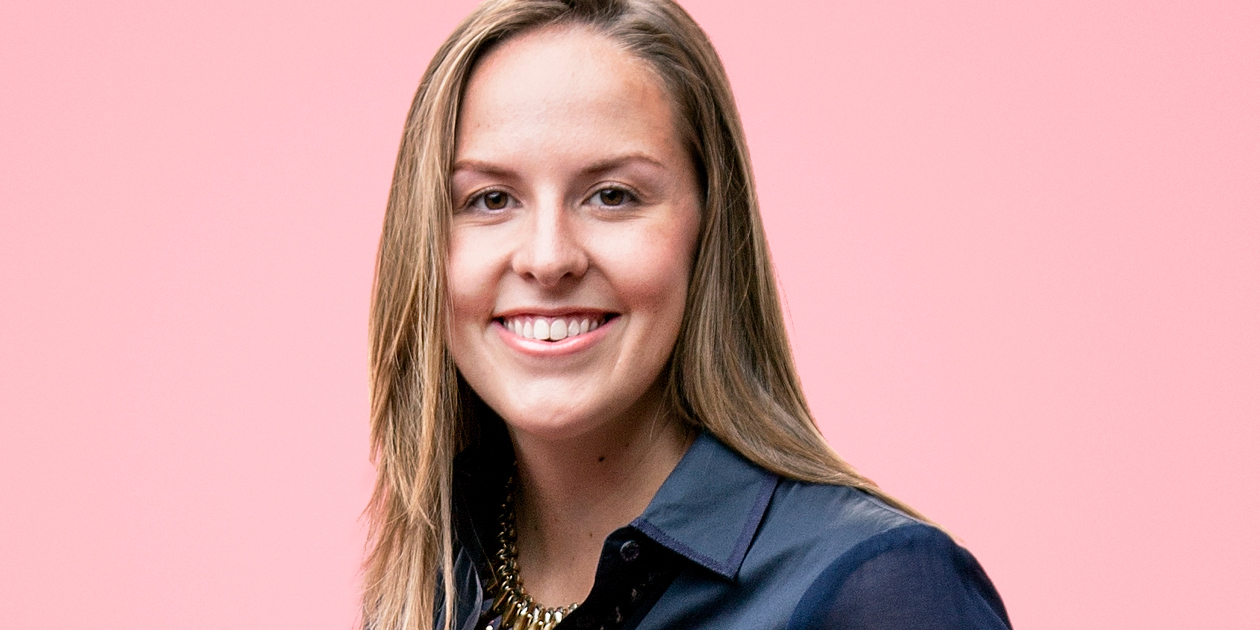 For Carolyn Merchant, the status quo just won’t do.
For Carolyn Merchant, the status quo just won’t do.
Since starting her work with Edelman’s Ontario Association of Optometrists (OAO) client two years ago, Merchant helped turn the account from a simple media relations mandate to a leading file that includes advocacy and membership engagement. She was also the driving force behind its first-ever creative public education campaign, “20-Second Daydreams,” which launched this past June. The series of five animated videos launched in June, urging people to take a break from their screens to help curb computer vision syndrome and visit their optometrists for an eye exam.
In just a couple of months, the campaign garnered more than 200,000 online views, 8.8 million ad impressions and 1.1 million Facebook impressions. Most importantly, it led to more than 15,000 clicks on the “Find a Doctor” tool on the OAO’s website.
Merchant, 29, is “incredibly proactive and is always pushing the boundaries, thinking about what more we can be doing and how we can make it better,” says Sarah McEvoy, vice-president, corporate communications lead at Edelman.
While at Edelman, Merchant has tripled the budget with the OAO and doubled the budget with a leading law firm. She was also a lead member of the pitch team that won the agency a big assignment with the Prospectors and Developers Association of Canada.
Merchant has the view that just because something has worked before, doesn’t mean it will work again, or even that it’s the right thing to do. That’s what drove her to overhaul the Achieve Communications Excellence Awards.
Run by the Canadian Public Relations Society, the awards were unflatteringly known as the “participant ribbon” program: if you entered, you won. When Merchant took the volunteer role of judging lead in 2010, she saw flaws in the process, in particular how judges were selected and how campaigns were marked.
She implemented new rules for judge recruitment and designed a new campaign rating system, leading to her appointment as awards chair in 2012. “If there is a more effective way to do something—even small tasks—I think it’s always worth improving and changing what you’re doing,” says Merchant.











